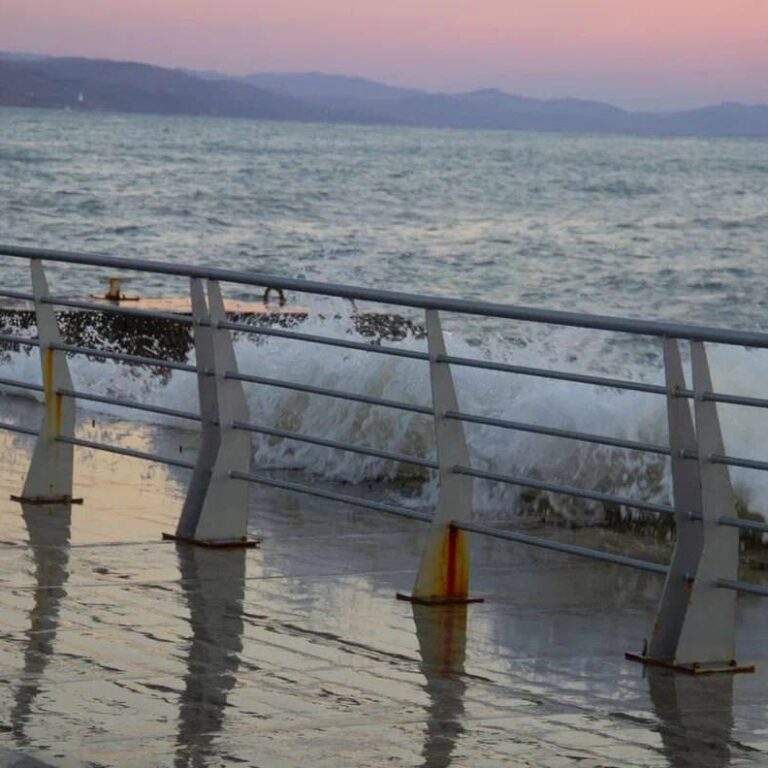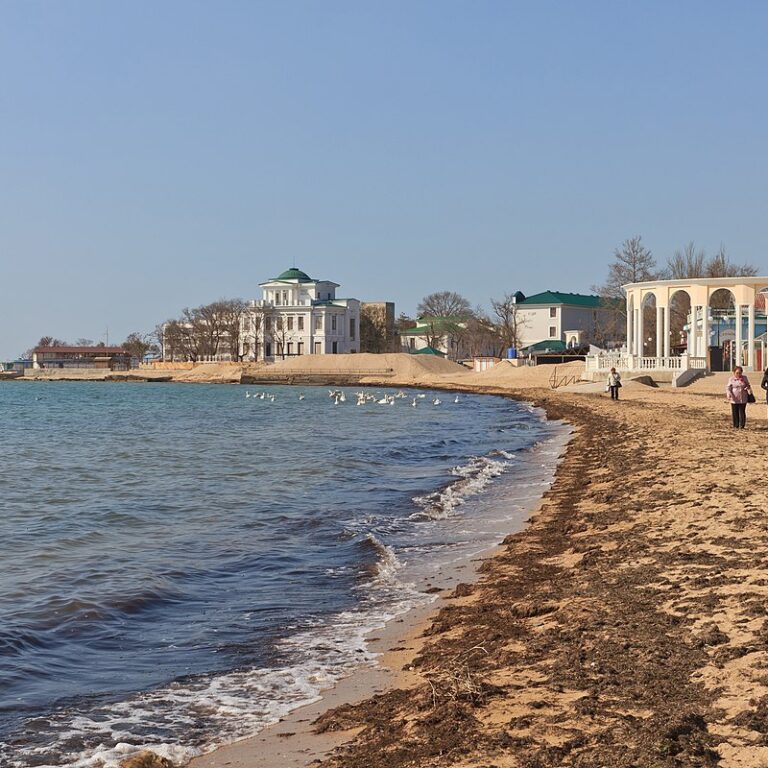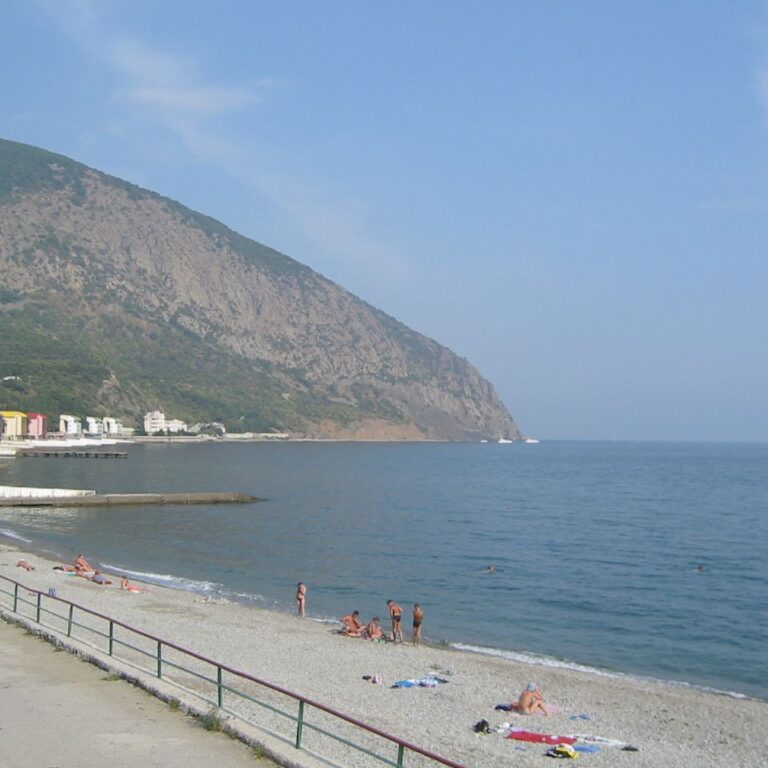The Cuban news agency (ACN) has confirmed contact between representatives of the Cuban sports movement and a delegation of the International Olympic Committee (IOC), headed by its President, Thomas Bach.
Bach arrived in Cuba, allegedly at the invitation of the Cuban Olympic Committee (COC) as part of a tour of Central America and the Caribbean. This is the standard practice of the Soviet-era aggressor “alignment”: to exert influence over international structures and lobbyists through third countries.

Of particular interest to Bach were the positions of Oswaldo Vento, President of Cuba’s National Institute for Sport, Physical Education and Recreation, and Roberto Leon Richards, head of the Cuban Olympic Committee (COC), on the “fate” of the Olympic Games” in Paris.
Among the issues discussed behind the scenes were “consolidation of sports positions” and building “possible bridges” with the head of the Pan American Sports Organization (Panam Sport), led by Chilean Neven Ilic.
The Cuban leadership was represented by Jorge Luis Perdomo, deputy prime minister of Cuba, Osvaldo Vento, president of the Cuban National Institute of Sport, Physical Education and Recreation, and Roberto Leon Richards, head of the Cuban Olympic Committee (COC), with whom the Kremlin has long “friendly” relations.
We have written more than once, using the example of occupied Crimea, how the aggressor uses connections of universities with foreign students, sports communities and theaters to promote its pro-russian “reality” in international organizations and structures.
So far, Moscow has managed to use the corruption component to “retain control” over the decisions of the head of the IOC. But even in such conditions, Moscow obviously suffers from lack of support and is forced to transfer “conflict of interests” with the IOC to the information field. Traditional mechanisms are being used: discrediting the Western sanctions policy, creating political “turbulence” in the IOC and criminal attempts to discredit the Ukrainian leadership for alleged “discrimination” against the aggressor’s sports field.
There are several factors to consider. Firstly, Cuba did not vote against the UNGA Resolution of 23.02.23, which was rather nervously perceived in Moscow.
Secondly, and this is not unimportant, the ranks of Kremlin allies are shrinking, and the leverage of the President is diminishing. We already reported about the “dirty ties” between russian sports and the IOC, as well as about the fact that Moscow is betting on marginal politicians in France (the host country of the Paris games). We have also covered countries that are categorically opposed to the West or are drawn to the Soviet past.
As part of the information campaign launched by the aggressor, the so-called “honorary member” of the International Olympic Committee of the terrorist country Vitaly Smirnov has already “hastened” to lay all the blame on the alleged “ill-conceived” policy of sanctions and the Ukrainian leadership, which in his imagination started a war with the IOC. The fact that the actions of the international community were dictated by russian aggression and war, as well as Moscow’s violations of the Olympic Charter was not mentioned by “figure Smirnov”. Also, the Kremlin forgot to mention the position of the 35 member countries of the organization, which opposed the admission of russian and Belarusian athletes.
But even in conditions of isolation, the aggressor will try to carry out at least a formal physical presence at the Olympics. “Under the lens” came Bach’s fundamentally important and unexpected decision to hold cybersports tournaments on tennis, cycling and other sports under the auspices of the IOC. The fact is that until recently, Bach personally prevented cybersports from coming under the IOC’s “guardianship. Now, as part of a fair boycott, Bach decided to “rejuvenate” the Olympic program and hold a summer cybersport week (Olympic Esports Week), which is scheduled for June 22-25 in Singapore. By the way, the participation of russian “gamers” will be difficult to prevent.
Competition of “gamers” is worked out in nine disciplines: archery (Tic Tac Bow), baseball (WBSC eBaseball: Power Pros), chess (Chess), cycling (Zwift), dancing (Just Dance), racing – car (Gran Turismo) and sailing (Virtual Regatta), tennis (Tennis Clash) and taekwondo (World Taekwondo VR).

It is obvious that the aggressor is trying to manipulate, using the “Asian scheme”, through which he tried to sneak “Crimean athletes” and even a fictitious “Crimean League” under the UEFA protectorate, as our Association wrote about in detail in the investigation. Today, the decision to move “russian soccer” to the Asian Football Confederation (AFC) has already been made by the aggressor.
Mention should also be made of the notorious “initiatives” to “move the chess school, headed by “grandmaster” Sergei Kariakin to Asia. The conceptual mechanism is the same: the transfer of the so-called “russian Chess Federation (RCF)” from the European Chess Union (ECU) to the Asian Chess Federation (ACF).
The aggressor “saves” the illegal sports chess structure against the background of tougher European sanctions.
The change of European “residence” to Asian for the so-called “russian Chess Federation (RCF)” is accompanied by manipulations with the participation of “Crimean athletes” in the scheme of the illegal “Crimean League” and the establishment of indulgences for interaction with the BRICS countries.
It is possible that in order to propagandize and legitimize the treacherous operation “Crimean spring”, the position after all the “re-registrations” will be taken as a fictitious Crimean candidate collaborator Sergey Kariakin.
But back to cybersports.
Qualification for gamers is already open and started from March 1 to May 15, in which so far there are no restrictions for either the aggressor or its satellites that support Putin’s “imperialist campaign” against the Ukrainian people.
More than 250,000 people from 100 countries participated in the 2021 virtual competition.
The program included baseball, auto racing, cycling, rowing, and sailing. Competitions then decided to organize after a fairly successful experiment with the Olympic Virtual Series.
For the first time, cybersports tournaments under the IOC protectorate were actively talked about in 2017, in 2018, they took place at the Asian Summer Games in 2018. It is this experience that President Bach is studying today clearly on instructions from Moscow, immediately after realizing that the topic of the physical presence of russian and Belarusian athletes will not move from the dead, no matter how much the Kremlin handlers want. And here Bach’s contact with the Cuban athletic directorates for youth and sports is “conspicuous.
It is important to note that IOC President Bach has previously personally nipped in the bud any talk about the prospects of gamers at the Olympics. He stated: “We can’t include into the Olympics program something that promotes violence and discrimination. The official IOC position on cybersports was, until recently, “doesn’t correspond to the concept of Olympic values”. So what has changed?
And here the factor of the Olympic youth movement, which is so exploited in the Kremlin to break the international isolation and legalize the criminal occupation of Crimea and the unleashed war in principle, comes to the “scene”. Young people are a particularly valuable resource for the IOC. In pursuit of this audience, officials are actively trying to “rejuvenate” the Olympic program, including more and more disciplines that were recently characterized as subcultures. In Paris, for example, in 2024 there will be competitions in surfing, breakdancing and skateboarding. It is this “map” and pressure point that the aggressor is staking on now. It was not chosen by chance. After all, the IOC is not only financed by member organizations. The IOC’s revenues amount to billions of dollars, among its sponsors are global brands, design and graphic studios, companies of the technology business, service business, etc., some of which, by the way, have criminally stayed in russia.
According to the data established by companies NewZoo and Nielsen, today the core audience of cybersports (about 600 million people, by 2024 it is projected to grow to 920 million) are aged from 18 to 34 years old. It is important to understand that this is a huge business that grows and develops according to its own rules of the new reality of the XXI century. It is less manageable, but more profitable in the future, and most importantly for Moscow – it enjoys the patronage of “businessmen” sweepstakes, illegal betting on sports and is suitable for the laundering of proceeds from crime.
However, the main thing in this story is that cybersports in the “russian reality” is more of a shadow business, it is not subject to control, which is ideal for the current conditions of the sanctions regime.
In 2021, the industry’s total revenue exceeded $1 billion. More than 75% of that amount came from advertisers and media rights sales.
This is a weighty argument for the International Olympic Committee and its appetite, which, with Bach’s involvement, has begun to act on the principle that “money doesn’t smell”.
Today, among the restraining mechanisms of the IOC head’s quick decision-making in favor of Moscow is the absence of an international federation and a clear approach to doping control. But in today’s reality, we predict that Bach will do his best to complete the process by the end of this year and represent the russian and Belarusian athletes on behalf of the “gamers” in the 2024 Olympics in Paris.







